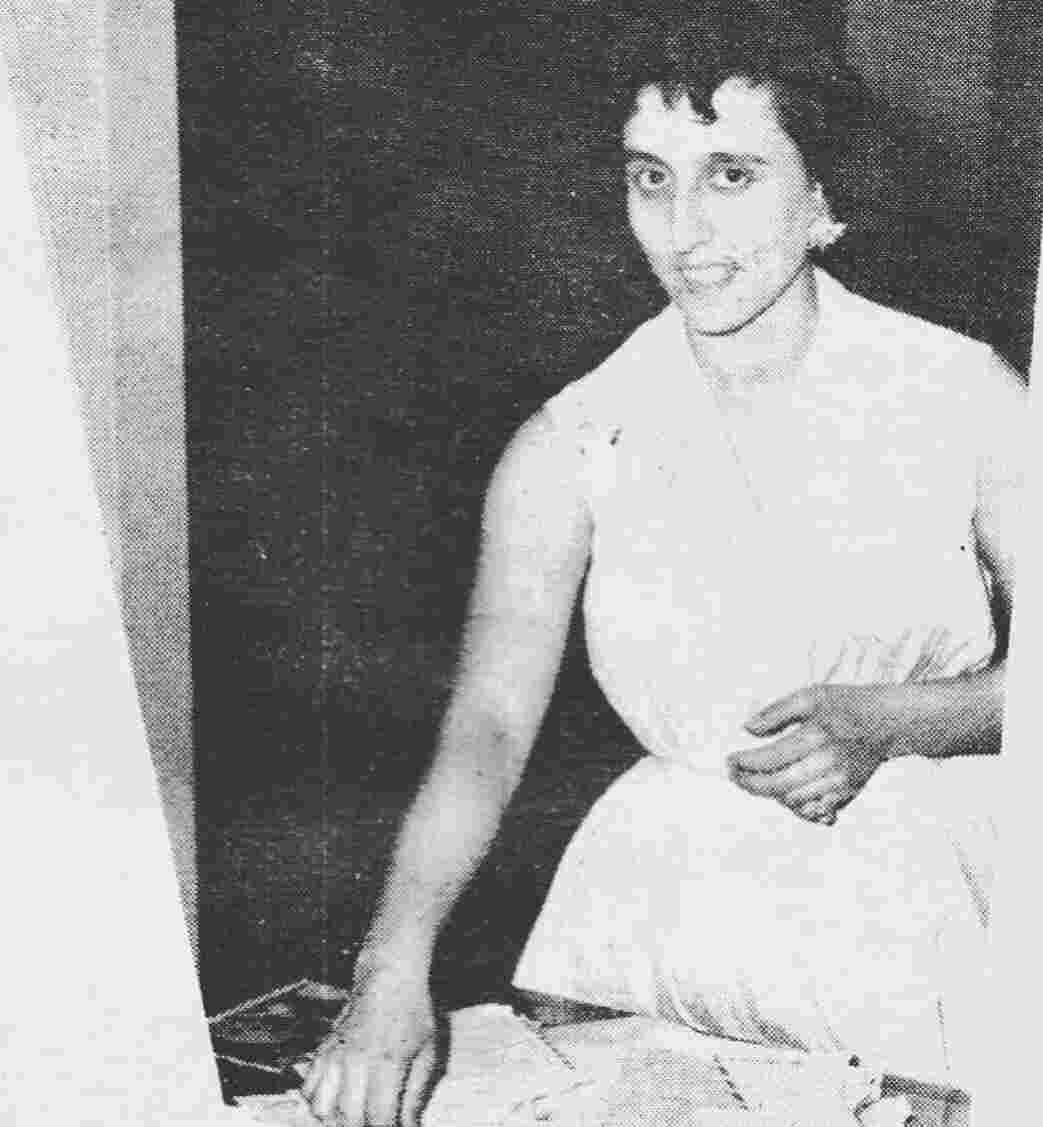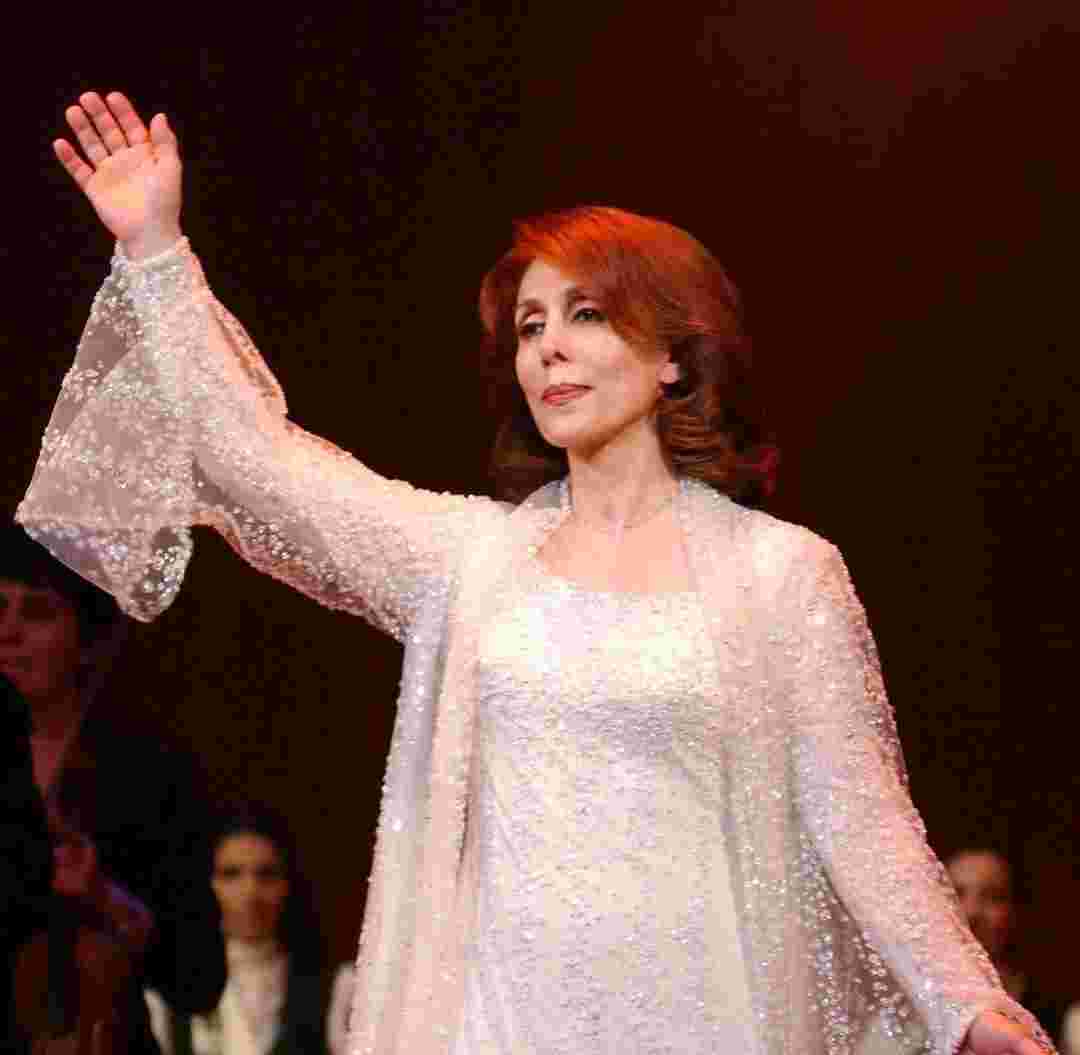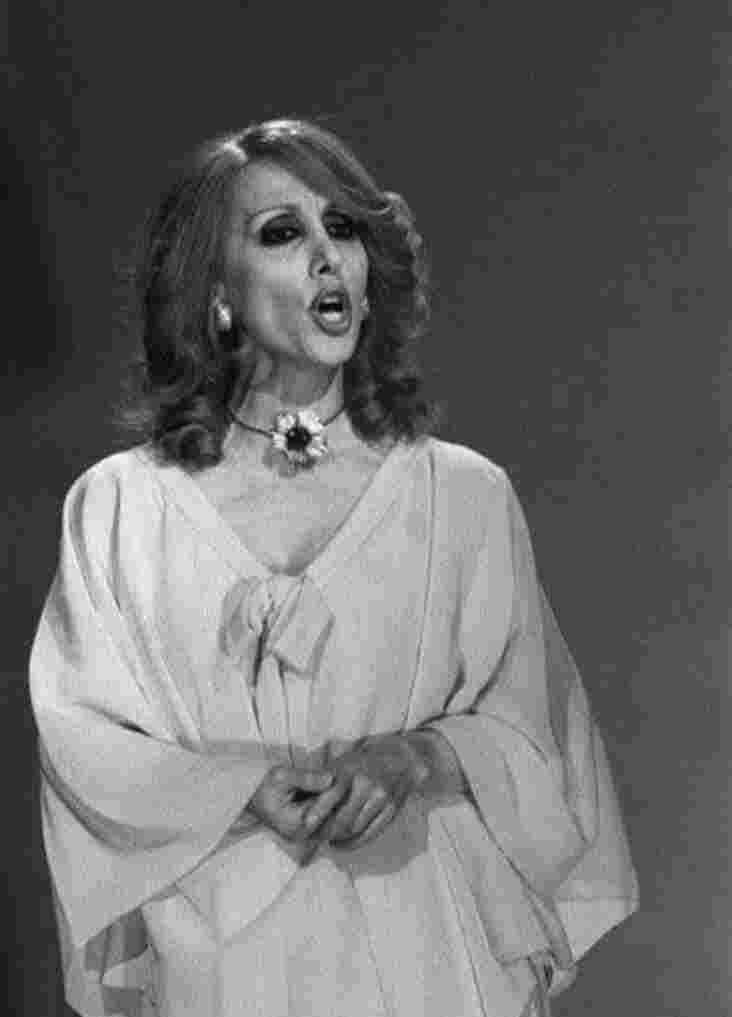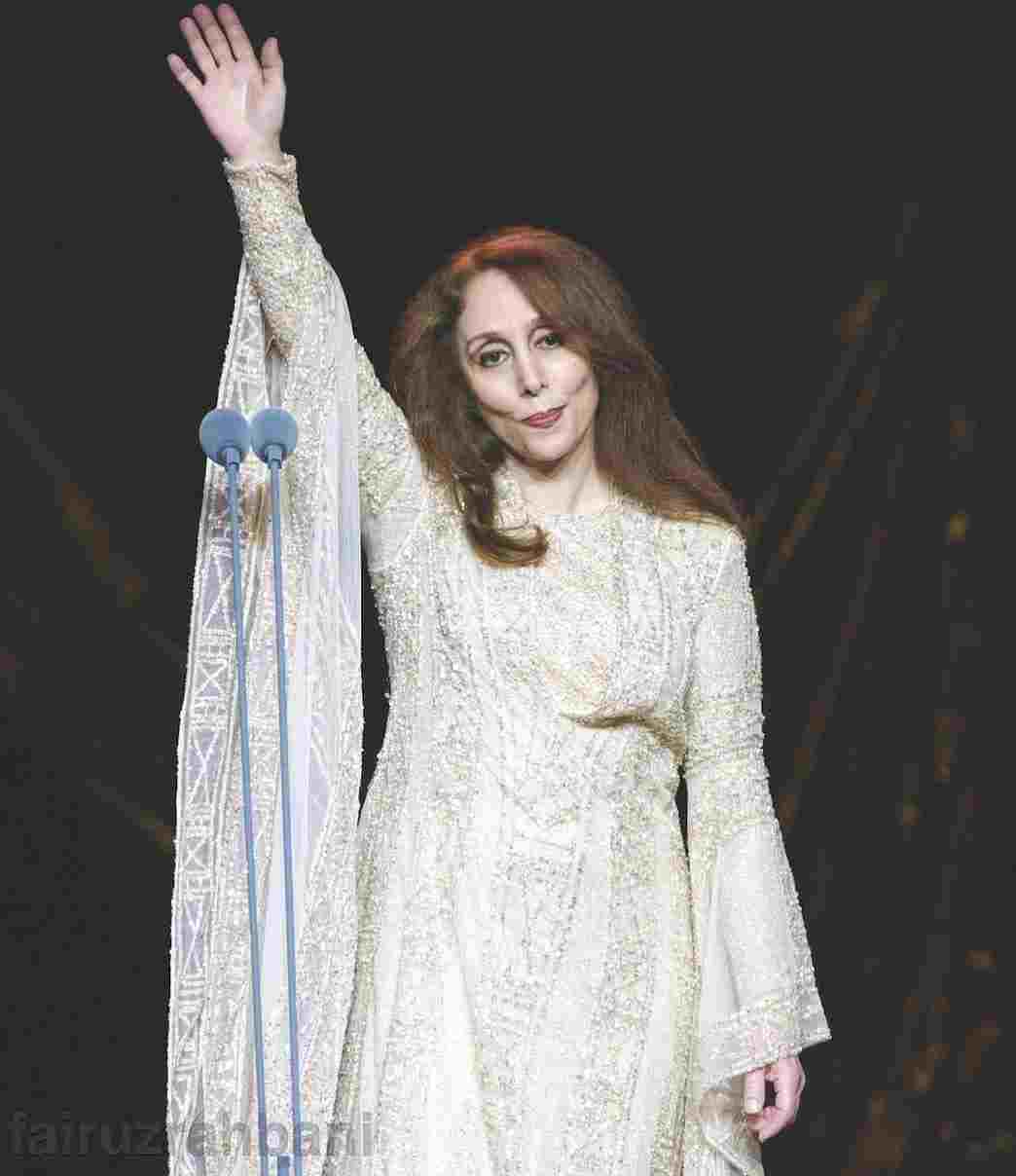Fairuz, the moon’s neighbor, the builder of Arabic song with her immortal songs

Fairuz, known as the “Lady of the Morning” and the “Voice of the East,” stands as an immortal symbol in the world of Arab art. Fairuz, the moon’s neighbor, the builder of Arabic song with her immortal songs. With her unique voice that exudes warmth and nostalgia, she has captivated millions across the Arab world. From her debut in the mid-20th century, Fairuz has built a rich legacy of songs that bridge romance and patriotism, uniting the hearts of Arabs everywhere.
Fairuz: The Beloved of Millions
Fairuz, born Nouhad Wadih Haddad, is one of the oldest and most celebrated artists in the Arab world. She is a living legend of Arab music, having earned immense popularity both in the Arab and Western worlds. Fairuz, the moon’s neighbor, the builder of Arabic song with her immortal songs. Her singing career has made her a household name, often referred to as the “Seventh Pillar of Baalbek” in her homeland, Lebanon.
Throughout her career, Fairuz has gifted us with hundreds of timeless songs, each short in duration but deeply emotional. Her songs about love, homeland, joy, sadness, and life have resonated with generations, making her an unforgettable figure in Arab memory.
Fairuz’s Early Life

Fairuz was born in February 1935 in the Chouf District of Lebanon into a modest family. Her early years were spent in a poor neighborhood in Beirut, where her father worked at a printing press. Despite her humble beginnings, Fairuz’s passion for singing blossomed early. As a quiet and shy child, she often sang for her family and neighbors by the fireplace during cold winter nights. Without a radio of her own, she would listen to legendary singers like Umm Kulthum and Mohamed Abdel Wahab through her neighbor’s window.
Discovery and Rise to Fame

Fairuz’s talent was first discovered in 1947 when she performed at a school event. The Lebanese musician Mohamed Fleifel, who was present, recognized her extraordinary voice and took her under his wing. He taught her vocal techniques and introduced her to the world of music. Despite her father’s initial objections, Fleifel convinced him to let Fairuz sing, promising she would only perform national songs. She trained at the Music Institute in Lebanon, where her teachers recognized her immense potential.
Marriage to Assi Rahbani
In 1950, Fairuz met composer Assi Rahbani at the Lebanese radio station. He was immediately captivated by her voice, and their professional relationship soon blossomed into a romantic one. After some initial hesitations, Fairuz accepted Assi’s proposal, and they married in 1955. Together, they became one of the most iconic duos in Arabic music history.
Fairuz’s Artistic Journey
After marrying Assi Rahbani, the couple began their artistic collaboration, which would forever change the landscape of Arabic music. Assi composed Fairuz’s first song, “Habbatha Ya Ghoroub,” followed by “Etab,” among many others. Their partnership produced numerous timeless hits that continue to resonate today.
In addition to their musical success, Fairuz and Assi founded the Rahbani-Fairuz Foundation for Cinematic Films, cementing their legacy in both music and film. Fairuz also received widespread acclaim in Egypt, where she performed live and was admired by the Egyptian public and artistic community.

Her first live performance was at the Temple of Jupiter in Baalbek, Lebanon, where she was honored by the Lebanese President with the prestigious Knight’s Medal. The Lebanese government even issued a commemorative stamp in her honor.
Fairuz’s Most Famous Albums
Fairuz released numerous albums throughout her career, including:
- – **Good Morning My Sweetheart** (1955)
- – **Returning** (1957)
- – **Andalusian** (1966)
- – **Jerusalem in the Mind** (1967)
- – **The Real Lebanese** (1979)
- – **Fairuz in America** (1994)
- – **Anshoudat Al-Zaman** (1995)
- – **At the Olympia in Paris** (1997)
- – **Old Love** (2012)
- – **An Evening with Fairuz** (2014)
- – **Love Worries** (2015)
- – **On My Mind** (2017)
Fairuz’s Awards and Recognition

Throughout her illustrious career, Fairuz received numerous awards and honors, including:
– The Lebanese Order of Merit (1957)
– The Order of the Cedar (1962)
– The Medal of Dignity from King Hussein (1963)
– The Jordanian Order of the Renaissance, First Class
– The French National Legion of Honor (1988)
– The Order of High Culture from Tunisia
– The Jerusalem Prize from Palestine (1997)
– An honorary doctorate from the American University of Beirut
Fairuz’s contributions to Arab music have earned her a place among the greatest artists of all time. Her unique voice, blending romance and patriotism, continues to captivate listeners worldwide. With each note, Fairuz transports her audience to a world of nostalgia and beauty, leaving an indelible mark on the hearts of all who hear her.
Fairuz remains a true icon, an artist whose work transcends generations and whose legacy will continue to shine brightly for decades to come.




